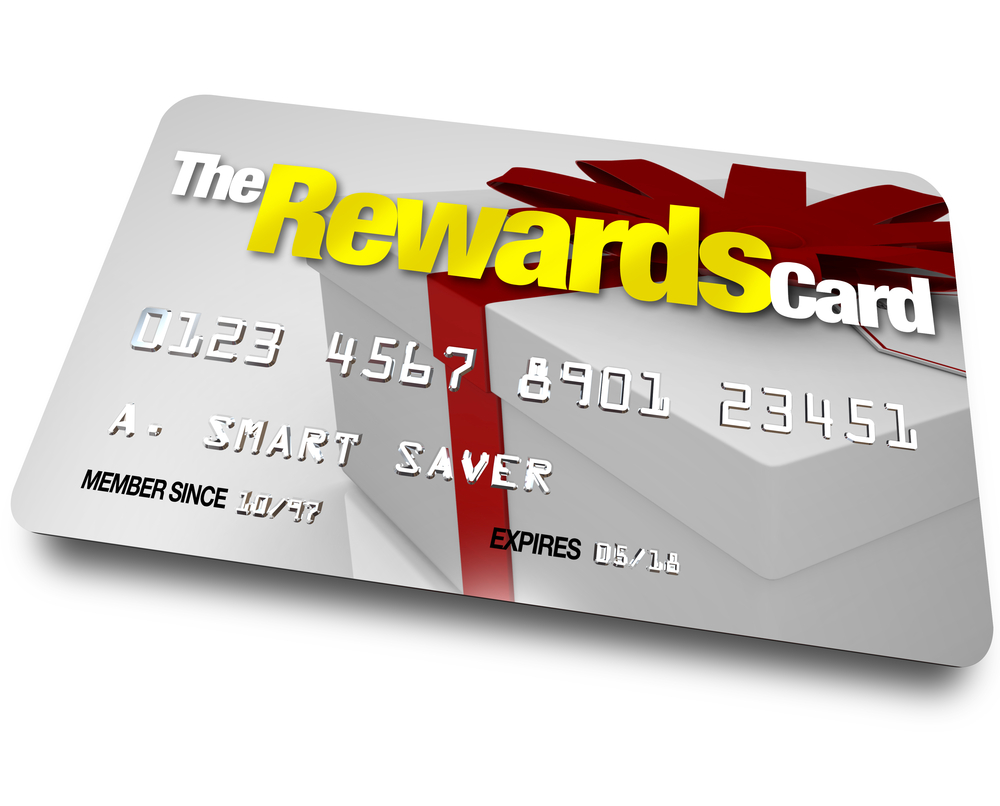
Loyalty schemes - Retailers Get More From Them Than You Do
How many loyalty cards do you have in your wallet? If you’re like me you probably have so many your wallet won’t close. I tried switching to the StoCard app to store the information in my iPhone but I’ve even had enough of this as well. 
There are more than three times as many loyalty cards as there are credit cards in Australia, analysis from comparison website Finder.com.au suggests. There are more than 58 million rewards cards in circulation compared with nearly 17 million credit cards.
This week on the Daily Drive show we spoke with Caitlin Fitzsimmons, the Money Editor for the Sydney Morning Herald. Caitlin says Customer Loyalty Schemes are a great idea ... if you're a retailer. But they are not so good for the rest of us.
She says loyalty reward schemes are not designed to reward loyalty at all. They're a chance for retailers to milk more money out of high-value customers.
In our interview, Caitlin talked about the phenomenon where you click on, say, a pair of shoes on a retailer's site and then ads for that exact pair of shoes start following you around the internet.
When you search anything on the net, it’s an opportunity for retailers to know who you are, and your purchasing habits, when you shop, how much you buy and they then tailor their advertising based on that information. Loyalty Program members spend 40% more than others according to Caitlyn because they get advertised to more.
We asked Caitlyn about the value of Frequent Flyer programs she conceded there are other benefits to these schemes, for example frequent flyers are more likely to get upgraded.
But is targeted advertising better than generic? The problem she says is that targeted advertising doesn’t replace generic advertising, it adds to it.
Caitlin said she loves getting every 10th coffee free at her local cafe, but only because it's still paper-based.
SMH Commentator Elizabeth Knight wrote recently about how the $3500 she spent at Coles earned her a $10 discount voucher through FlyBuys.
Manipulating voters with big data (large data sets from multiple sources) is increasingly being used in politics too. A key player is a firm called Cambridge Analytica, part-owned by US billionaire Robert Mercer, a key backer of Donald Trump.
The company boasts it has psychological profiles based on 5000 separate pieces of data on 220 million American voters. It used that information to pinpoint potential Trump voters and prey on their deepest emotions, to predict and potentially control behaviour.
We’d love to hear your stories of which reward schemes you believe you’re getting good value from. Leave your comments below.
- Click here to hear Caitlin’s interview on the Daily Drive show
- NB: The FiftyUp Club doesn’t sell our members’ information, which is protected by our Privacy Policy
http://www.smh.com.au/money/saving/the-true-cost-of-loyalty-programs-20170324-gv660s.html

